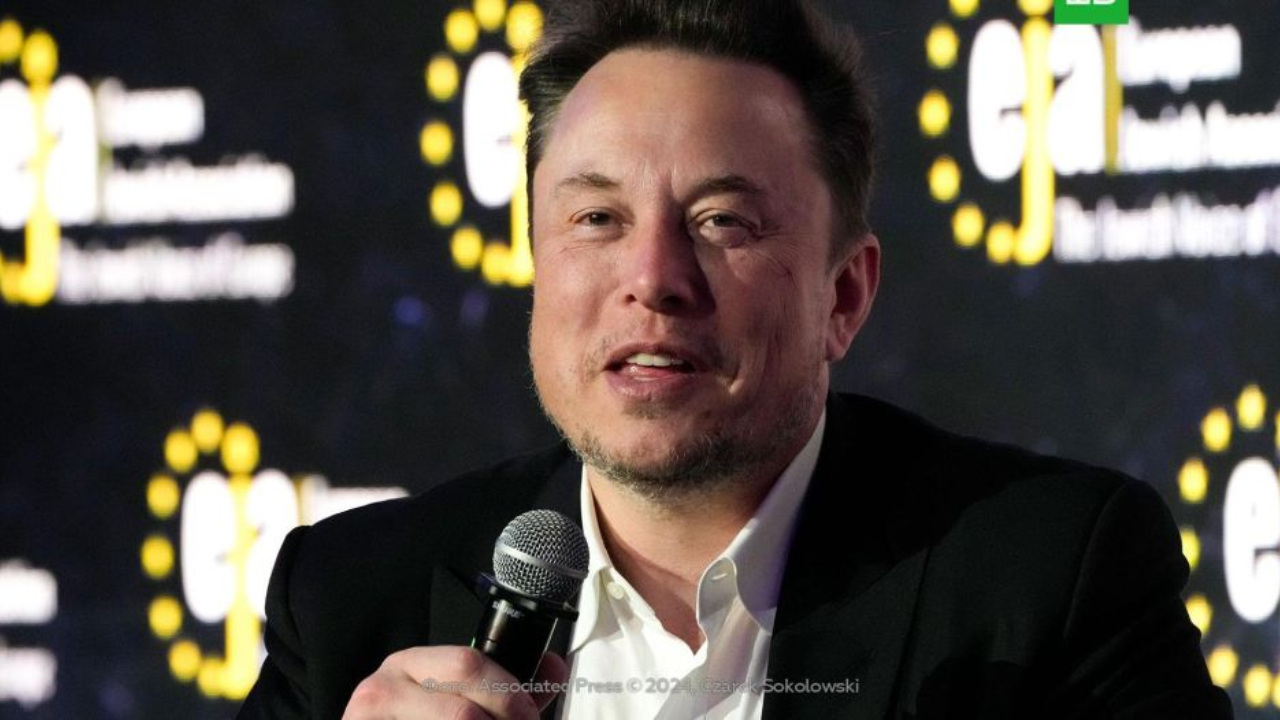Pocatello News Post –Elon Musk’s brain implant firm, Neuralink, renowned for its ambitious quest to fuse human cognition with advanced technology through brain implants, has recently encountered regulatory turbulence. The U.S. Department of Transportation (DOT) raised concerns regarding Neuralink’s adherence to hazardous material transport regulations, uncovering lapses during inspections at the company’s facilities in Texas and California.
The Regulatory Challenge
The investigation by the DOT unveiled a series of regulatory violations, notably Neuralink’s failure to register as a hazardous material transporter. Additionally, the agency identified issues related to the packaging of hazardous waste, including the presence of the flammable liquid Xylene, known for its potential adverse health effects.
The gravity of these regulatory breaches was not taken lightly, resulting in a fine levied against Neuralink, totaling $2,480. However, this sum was adjusted from the initial amount, reflecting the company’s commitment to address the identified issues promptly.
The Response
A spokesperson from the Pipeline and Hazardous Materials Safety Administration, the DOT agency responsible for investigating Neuralink, confirmed the violations and subsequent fine. Neuralink has yet to officially comment on the matter, leaving room for speculation and concern within both the regulatory and technology communities.
Nearly a year after reports first surfaced of the U.S. Dept. of Transportation’s investigation into Elon Musk’s @neuralink, records reportedly show that the agency did indeed find issues in the startup’s handling of hazardous materials. https://t.co/7Pe2Wxk62D
— Fierce Medtech (@FierceMedTech) January 26, 2024
The Significance
Neuralink’s journey has been characterized by groundbreaking innovation, to create brain implants capable of monitoring and enhancing human brain activity. The company garnered significant attention when it received U.S. Food and Drug Administration (FDA) clearance in 2023 for its first human trial, a pivotal milestone that reinforced its valuation, reaching up to $5 billion based on private stock trades.
The trial itself seeks to assess the safety and feasibility of Neuralink’s implant in enabling individuals with paralysis to control external devices using their thoughts. This transformative potential underscores the importance of safety and regulatory compliance in the development and deployment of such advanced technologies.
The Broader Context
The DOT’s investigation into Neuralink is not an isolated incident but rather part of a broader narrative surrounding innovation and regulation. It serves as a reminder of the intricate balance that innovative companies must strike between pushing the boundaries of technology and adhering to established safety protocols and regulations.
Furthermore, the regulatory scrutiny on Neuralink comes after previous reports of internal complaints by company employees about rushed animal experiments that resulted in unnecessary suffering and deaths. This has raised questions about the ethical dimensions of Neuralink’s research and development practices.

Conclusion
The Neuralink case exemplifies the challenges faced by companies at the forefront of technological innovation. While striving to redefine human potential through groundbreaking technologies, such companies must navigate a complex landscape of regulations and safety standards.
The outcome of the DOT’s investigation into Neuralink and the company’s response will undoubtedly have broader implications for the intersection of innovation, regulation, and ethics in the rapidly evolving field of neurotechnology. As Neuralink continues to push the boundaries of what is possible in brain-computer interfaces, its journey serves as a microcosm of the larger dialogue surrounding the ethical, regulatory, and transformative potential of emerging technologies.

